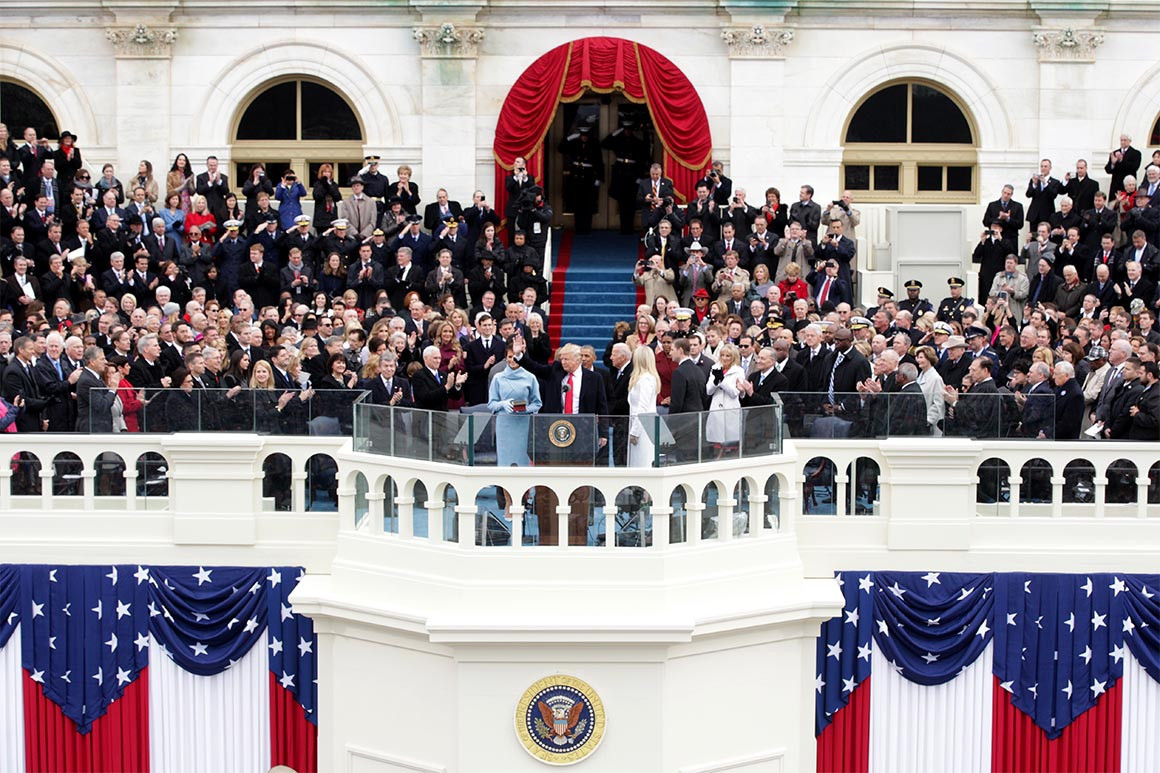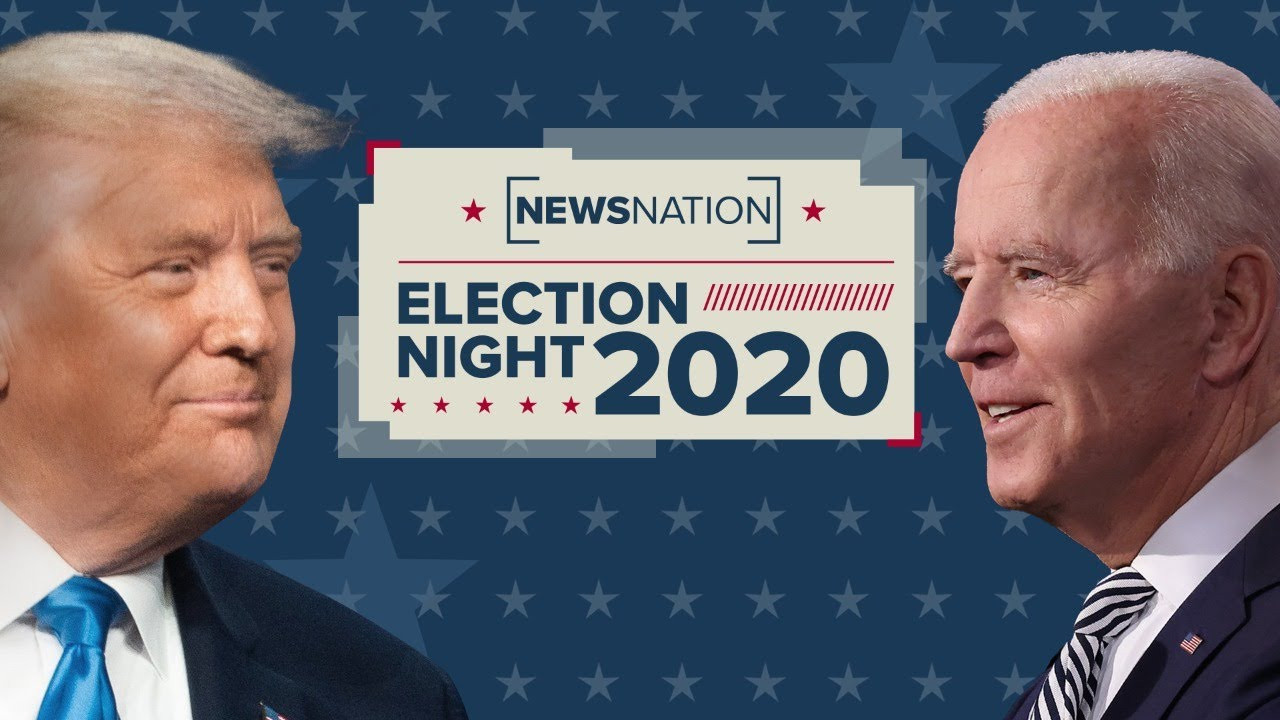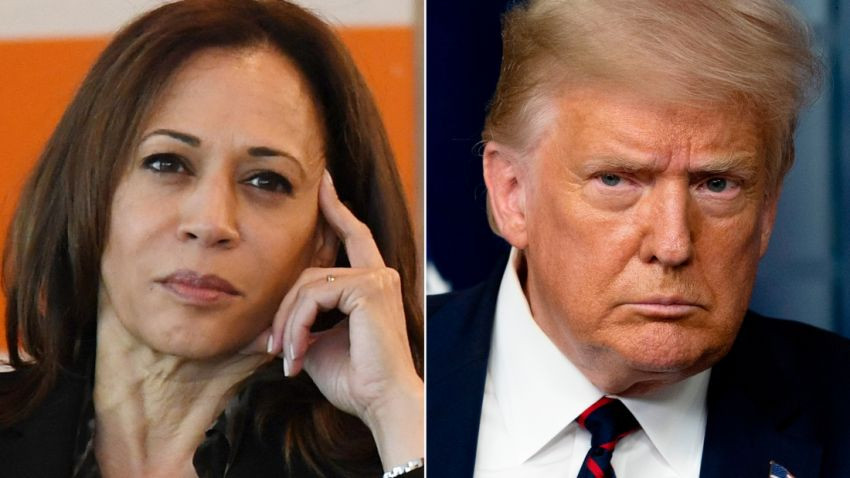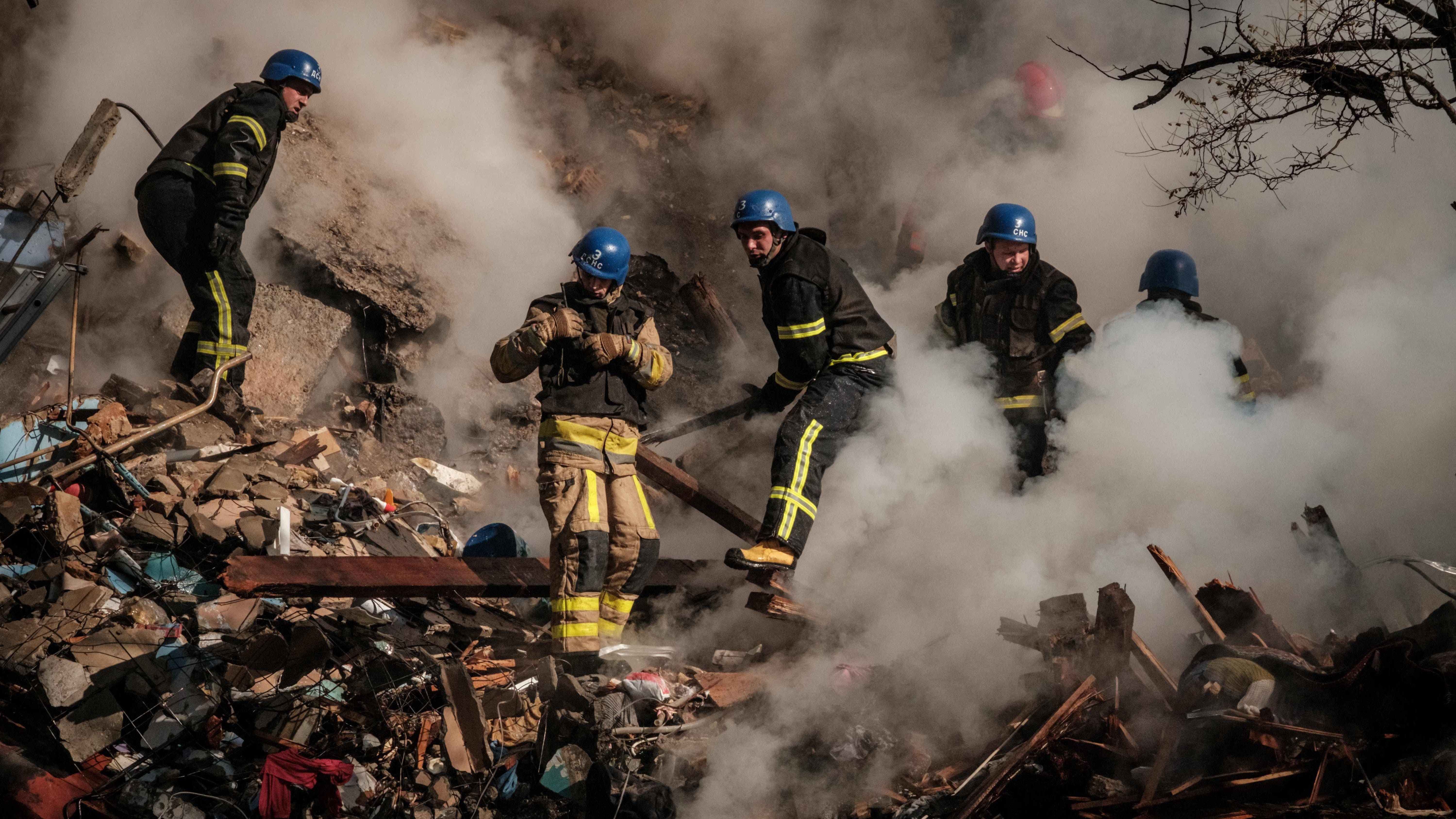Trump's Second Inauguration: A Detailed Look at the Schedule, Performers, and Controversial Plans
Much of the nation will be focused on Capitol Hill come Inauguration Day as President-elect Donald Trump is officially sworn in for his second term. Monday, Jan. 20, 2025, marks the 60th Presidential Inauguration Day and also happens to be Martin Luther King Jr. Day, a federal holiday. The swearing-in ceremony, initially planned for outdoors, is moving indoors to the Capitol rotunda due to a frigid weather forecast. This will ensure the safety and comfort of the attendees and participants. As the events unfold, you'll be able to watch live from wherever you are.
Inauguration Day Schedule and Viewing Options
The swearing-in ceremony is expected to begin at 11 a.m. CT or 12 p.m. ET. According to Washington's tourism department, security screening gates typically open at 5 a.m. CT, followed by music and opening remarks. Live special coverage of the day's events will begin at 9 a.m. CT on television and via various streaming channels. NBC Chicago and NBC News will offer comprehensive live coverage. You can also watch a series of events live on NBC Chicago's YouTube channel and other online platforms. The official inauguration events are being meticulously organized by the Joint Congressional Committee on Inaugural Ceremonies (JCCIC).
Access to the Inauguration
The Joint Congressional Committee on Inaugural Ceremonies makes a limited number of inauguration tickets available to the public through members of Congress. These tickets are free and allow you to watch the swearing-in ceremony in person on the grounds of the U.S. Capitol. Tickets will be available from your members of Congress in the weeks leading up to the inauguration, with some members potentially starting to accept requests even earlier.
The Presidential Oath and Inaugural Address
Inauguration Day is when the new U.S. president is officially sworn into office. Under provisions of the 20th Amendment to the United States Constitution, the new president officially takes office on Jan. 20, unless that date falls on a Sunday. In that case, the inauguration would take place on Jan. 21. Prior to the passage of the 20th Amendment, the new president had taken office on March 4.
In addition to the president taking office, the vice president also takes the oath of office and becomes the vice president at noon on Jan. 20. The new president traditionally offers an inaugural address on Capitol Hill following their swearing-in, with the public invited to attend the ceremony. A military parade typically follows, as does a traditional inauguration luncheon. After the ceremony, the new president typically attends a series of inaugural events throughout the capital, including balls and dances. The vice-president-elect is sworn in first, reciting the same oath of office used since 1884 by senators, representatives, and other federal employees. The president-elect then recites the presidential oath from Article II, Section I of the U.S. Constitution.
A Day of Performances and Celebrations
The inauguration will feature a variety of musical performances. Country music star Carrie Underwood will perform “America the Beautiful,” while the Village People, Lee Greenwood, and opera singer Christopher Macchio are also scheduled to perform. The Trump Vance Inaugural Committee has also announced Nelly will perform at the Liberty Ball. A full performer list and details of the Presidential Parade lineup can be found on the official inauguration website. The events are a blend of solemn tradition and celebratory spectacle, attracting both official dignitaries and enthusiastic supporters.
Trump's Ambitious First Day Back in Office
President-elect Donald Trump has promised a busy first day in office, outlining a series of bold actions. On the campaign trail, he vowed Day One would include actions in various policy areas, including immigration, energy, and more. A change in political party in the White House typically comes with a reversal of policies from the previous administration. In this instance, Trump is expected to overturn numerous actions implemented by President Joe Biden. Voters who supported Trump will be watching closely to see if he follows through on his campaign promises, which include actions on immigration, border security, and potential pardons for those involved in the January 6th Capitol attack. His plans also encompass overhauling the federal bureaucracy. The Republican-led Senate is slated to hold numerous hearings for Trump’s Cabinet picks, hoping for swift confirmations after the inauguration.
Executive Actions and Policy Reversals
Trump is reportedly preparing to sign over 200 executive actions on his first day back in office. These orders are expected to address various issues, including border security, mass deportations, immigration policies, energy production, and potential pardons. A major part of his agenda seems to involve significant reversals of policies from the Biden administration. These broad-sweeping policy changes will undoubtedly shape the future direction of the United States.
High-Profile Attendees and International Relations
Numerous high-profile attendees are expected at Trump's inauguration. The guest list includes tech moguls like Elon Musk, Jeff Bezos, Mark Zuckerberg, and international figures such as French billionaire Xavier Niel and Indian business tycoons Mukesh and Nita Ambani. The presence of several prominent figures from across the globe reflects the global attention focused on the event and its implications. Notably, Chinese Vice President Han Zheng will be attending, making history as the highest-ranking Chinese official to ever attend a US inauguration. This is a significant diplomatic event considering the complex relationship between China and the United States.
A Look Ahead: The Trump Administration's Second Term
With the inauguration of Donald Trump marking a monumental event for American politics, the world watches with bated breath to witness the unfolding of the new chapter in the country's history. The next four years will be filled with intriguing developments as we observe how Trump’s plans will be implemented and the ripple effects it has. The initial focus will be to assess how effectively the incoming President carries out the ambitious agenda he has laid out, given the existing political landscape and potential opposition he may face. Moreover, it will be pivotal to examine how effectively the international diplomatic relationships of the US will be managed by the Trump administration in the coming years.

















